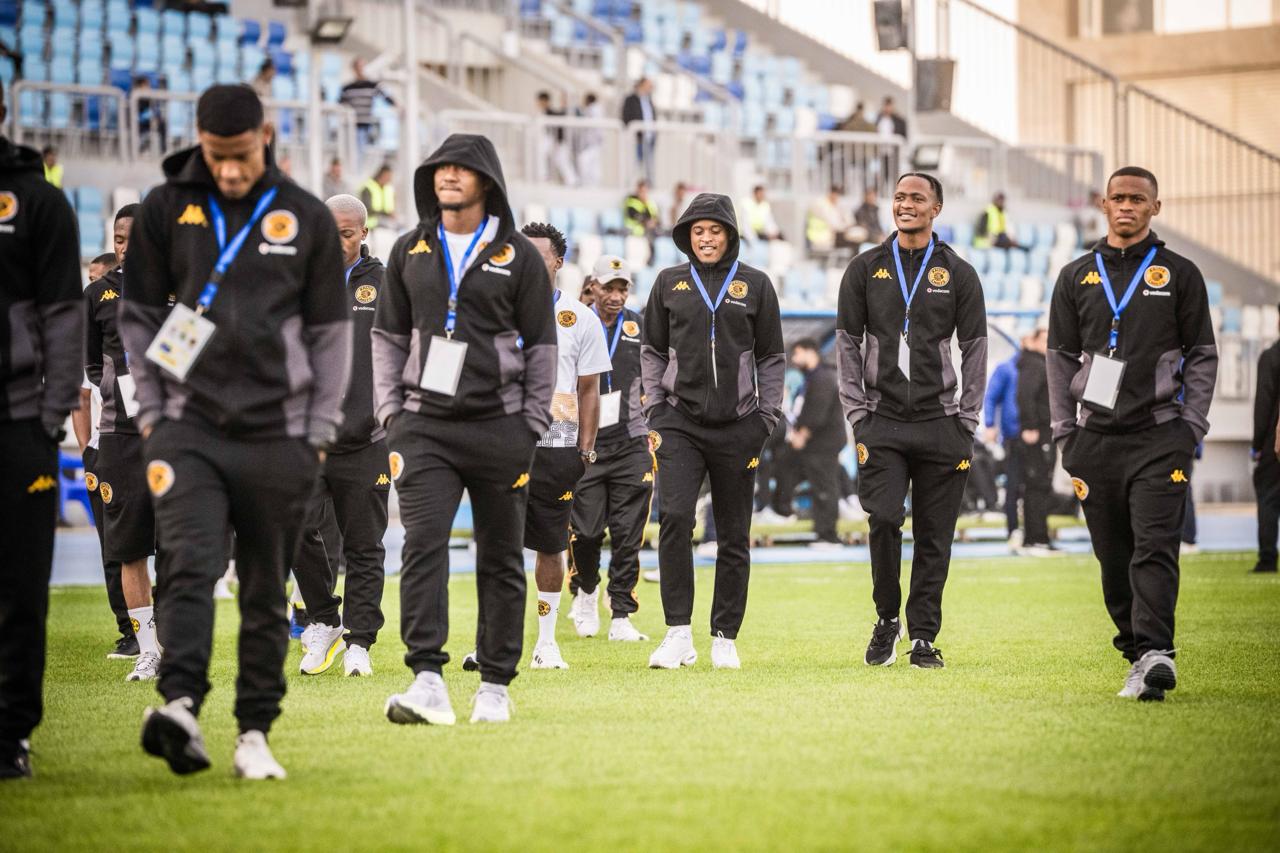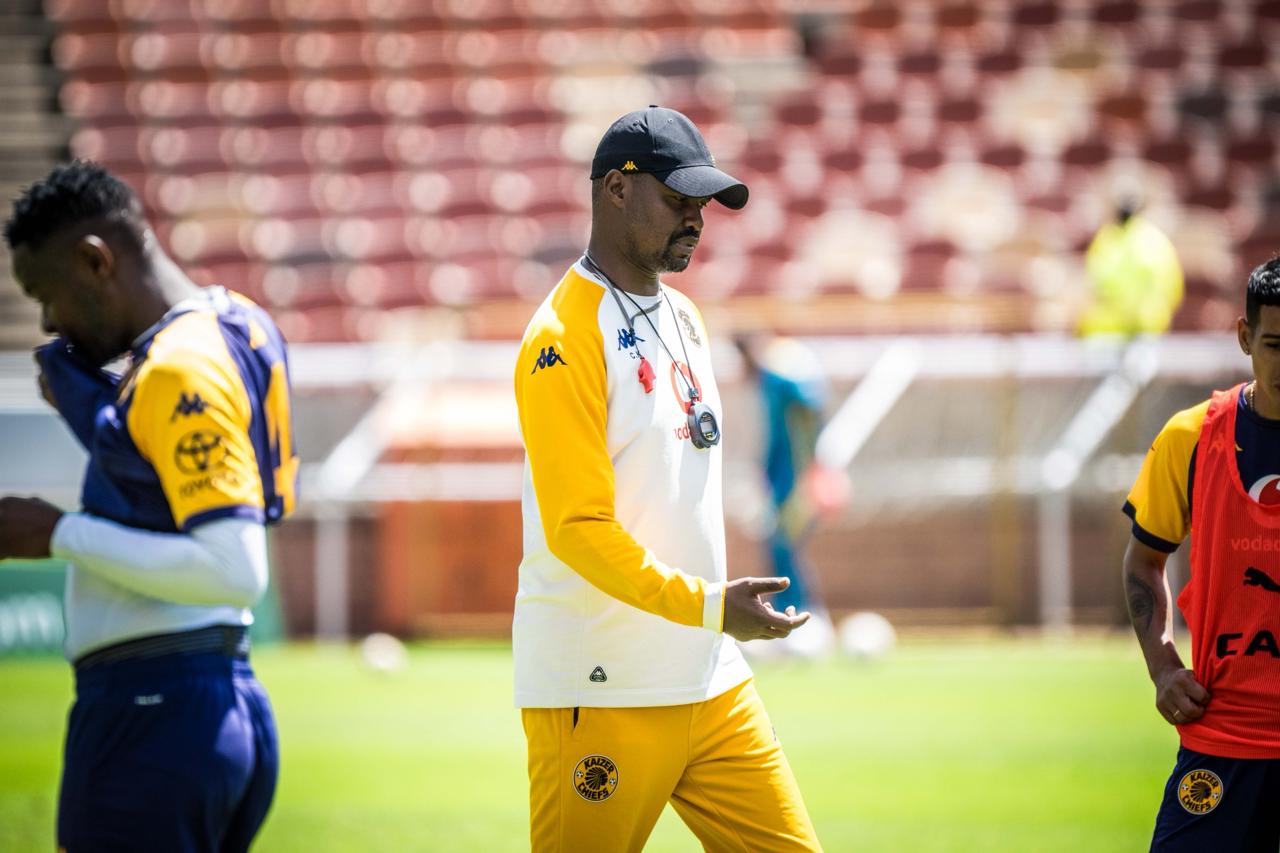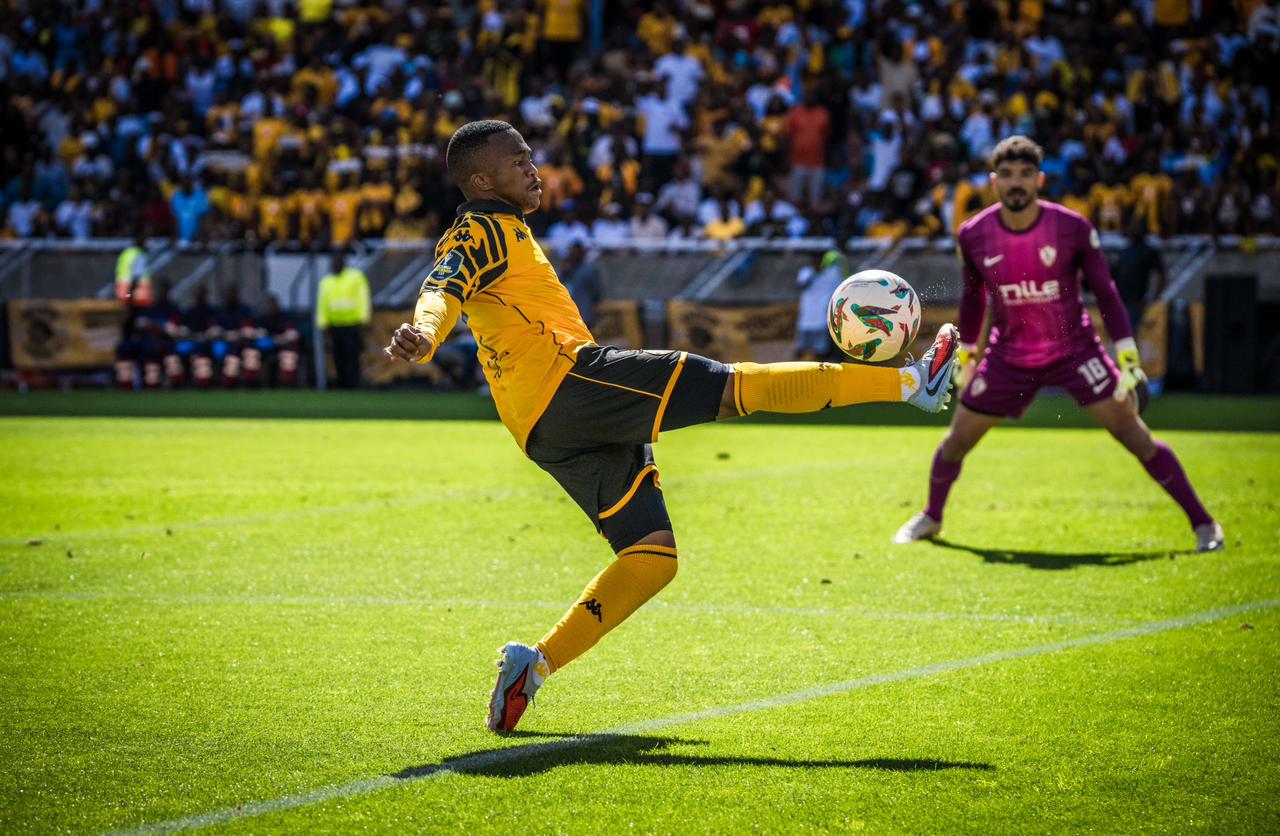Posted in Features, News on Mar 21, 2019.

Human Rights Day in South Africa is historically linked with 21 March 1960, and the events of Sharpeville. On that day, 69 people died and 180 more were wounded when the apartheid police fired at a peaceful crowd that had gathered outside the Sharpeville Police Station in protest against the pass law.
“It’s a holiday, I know, but most importantly it’s a time to reflect and remember the many people who paid with their dear lives during the struggle days,” adds Blom. “I’m thinking of rights such as having a place of shelter and freedom of expression. I’m grateful as well that as a youngster I have this opportunity to express my talent at a big club like Kaizer Chiefs.”
“I just wish that the youth could be a little bit more patient in their actions,” Njabulo expresses his feelings. “We need to put in more effort to demonstrate dedication and commitment in what we do in life. I know with rights come a huge responsibility. Our conduct must demonstrate that we are ready to be counted as good citizens in the future.”
“I am calling on my fellow youth to remember this day,” concludes Blom. “This is the day that contributed to our lives and got us liberated from the apartheid legislation. It is important to respect this day and honour the fallen heroes.”
When South Africa held its first democratic election, with Nelson Mandela elected as its first democratic president, 21 March, Human Rights Day was officially proclaimed a public holiday.
Kaizer Chiefs commemorates this day in accordance:
“On Human Rights Day, South Africans are asked to reflect on their rights, to protect their rights and the rights of all people from violation, irrespective of race, gender, religion, sexual orientation, whether they are foreign national or not – human rights apply to everyone, equally.”






